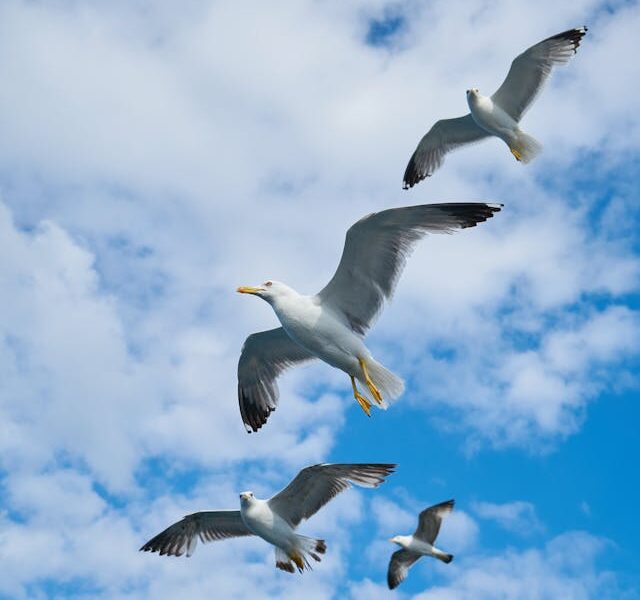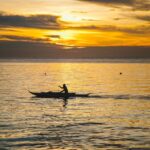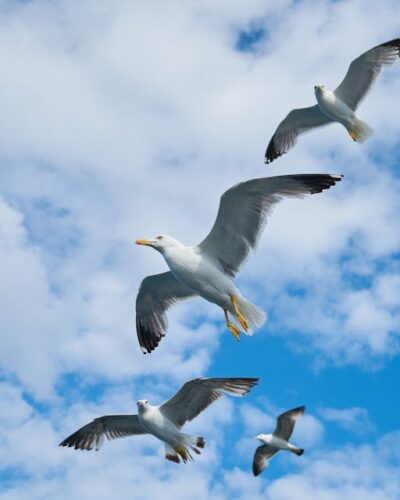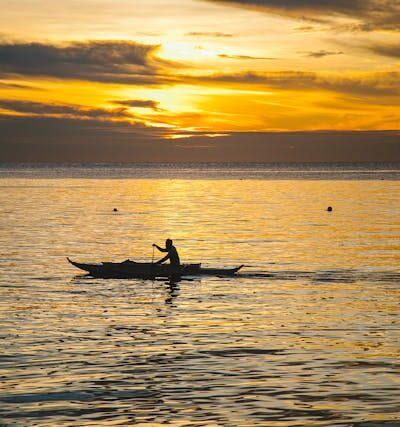I don’t often buy books anymore, but when I do emerge from the bookstore carrying three or four freshly purchased tomes, I like to sit in my car for an hour or so getting to know my new acquaintances. Trouble is, our conversation is always disrupted by the birds that flit and soar around the parking lot outside Barnes and Noble, landing once in a while to seek out the bits of edible detritus left on the asphalt, to squawk and strut and argue among themselves.
The birds occasionally take a break, alighting atop the light poles spaced across the parking lot, giving me a chance to return to my newly purchased books. But before too long they’re at it again, swooping down, banking their wings, their bodies angling as they negotiate the winds that sweep across the open stretch of asphalt, the winds that travel across the valley floor where I live, winds that have come from far away, from distant lands.
I’m pretty content living where I have for so many decades. I don’t yearn to travel far, to see all those places where the winds have been before they get to me. Yet when I find myself among the birds of Barnes and Noble, I am drawn away to another world, the world of sea and saltwater, for these birds are white and when I first noticed them years ago, they looked to my unschooled eye like seagulls. Even today, years later, it’s easy to pretend that their last waystation before the bookstore parking lot was a distant saltwater shore, say the Baja Peninsula to the south or the casino-strung shores of Atlantic City back east, or perhaps someplace closer like the Seattle waterfront, only a day’s drive to the west. It seems that for us land-bound beings all compass directions lead eventually to saltwater shores.
But I really don’t care how far these birds range over the earth or even what species they belong to. These are matters for the scientifically inclined, for those who categorize and classify nature’s bounty. I would rather receive these birds as nature’s offering, as a gift that awakens reflections and memories of my own wanderings along the sea’s edge – first as a child, wading in the New Jersey surf, my small hand clinging tightly to my father’s; later on, playing in the sand, my mother beside me, both of us startled to see my father rising from the water after tumbling under a wave far more powerful than he’d expected; years later riding a train on the last leg from Philly to New York City, staring out the window at sights my teenaged eyes had never seen, the salt marsh fringe of ocean, distant ships riding in the channel beyond; and finally, my last memory of the Atlantic, a college-age trip to the shore, towels spread out on hot sand, bodies slathered with suntan lotion, stretched out to bake beneath the sun blistering down from the empty sky.
It was decades before I reached the opposite coast, planting memories once again – driving high above the waters of Big Sur, mountains plunging steeply into the ocean, the surf far below a white ruffle against the rocks; riding the Victoria to Seattle ferry, gripping the rail and peering down to the water, hoping in vain to see a pod of whales or dolphins, even just one lone creature breaking the surface, only to have my wish finally fulfilled years later when I sat pier-end on the Seattle waterfront, a seal magically rising from the water at my feet, then slipping as quickly back beneath the dark saltwater surface of Puget Sound.
All that and more only a day’s drive from home. If I hop on the interstate early tomorrow morning and head west, I can be sitting on that self-same pier by late afternoon, gazing across the Sound to the Olympic Mountains, peaks laden with snow, waiting for another seal to surface at my feet.
And yet, for all the gifts it offers, Puget Sound is not the sea. Not quite. For that, you must take the ferry across the Sound, then drive to the other side of the Olympic Peninsula, where the sea awaits.
My mind, reaching back years, resurrects two special memories from my only journey across the peninsula – first on the day I arrived at water’s edge, when I hurried down the steep trail to stand among tide-strewn driftwood, gazing at the Pacific stretching out before me, exercising its power to dazzle the eye.
But it is the second memory, played out at the end of a long day’s drive, that awakened me to another power the sea exerts, the power of the tide. Not the moon-driven tide that draws the waters in then out, landward then seaward in its eternal rhythm. Instead, there is a second tide, just as powerful, driven by the heart’s longing, that draws us land-bound beings closer and closer to the sea’s edge, seeking that which we have never known, to finally see that which our eyes have never beheld.
I’d been driving most of the day, the tug of second tide growing stronger by the hour, until now, only twenty miles from water’s edge, its fierce pull was irresistible. The sun was a red ball sitting just above the horizon, the light dimming quickly, the sky growing dusky with day’s end, but still I sped on, my mother sitting beside me exercising her maternal duty of restraint, urging me to slow down, reminding me that there’s always tomorrow. But so many tomorrows had already slipped by. How could I wait for one more? And so my desperation to reach the sea before nightfall drove me on. It was only when the sun had all but disappeared, when darkness was snuggling down for the night that I finally gave up, slowing the car and pulling onto the shoulder, my heart beating with frustrated longing.
The sea would have to wait one more day.






